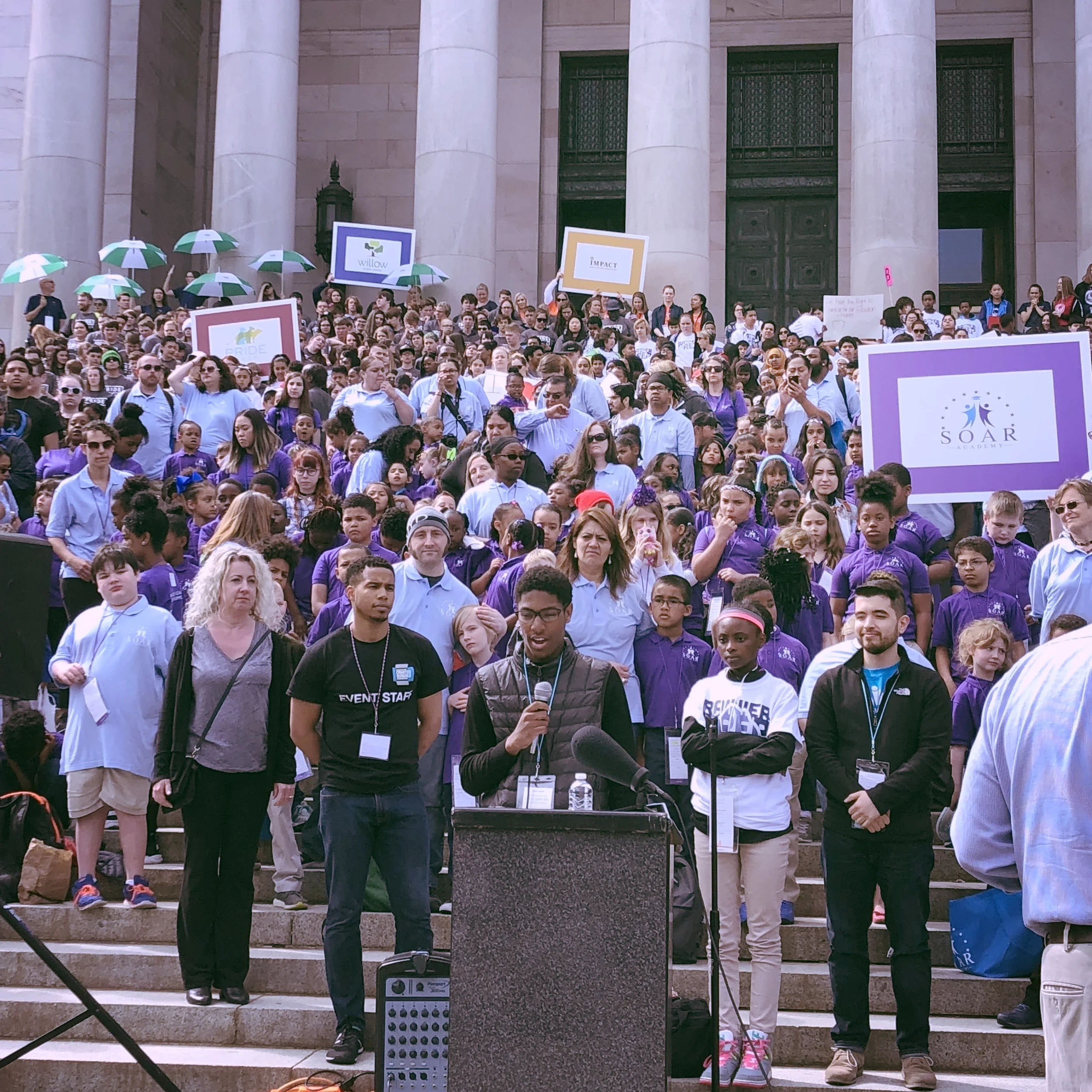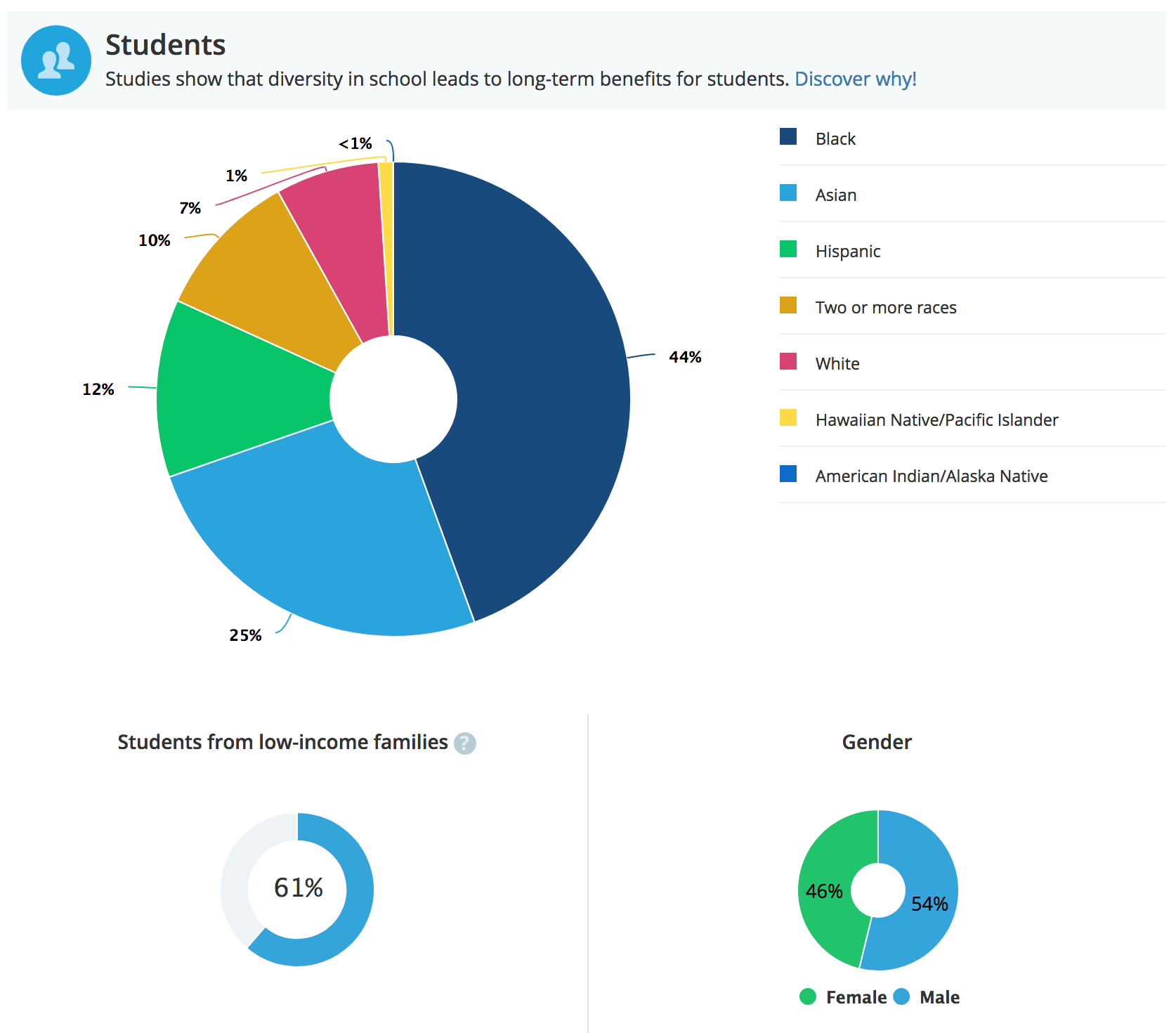Why are there so many mysteries at my son’s elementary school?
He goes to Emerson Elementary, a school in Seattle’s south end with a well-documented track record of systemic neglect. The past year has been particularly marked by a lack of meaningful communication with parents. We’ve seen little transparency and even less accountability from the district, even in the face of events that demand our attention.
Around this time last year, Emerson’s principal at the time, Dr. Andrea Drake, was put on leave of absence by the district. We as parents were never given an adequate explanation as to why. In fact, we were never even given an inadequate explanation.
Two weeks later, Drake was reinstated — still with no explanation, except to inform us that the interim principal would kept on for the remainder of the year as well. The district did hold a community meeting to discuss the concerns of the Emerson community, but it was all lip service and no meaningful action.
In the end, we still never learned why our elementary school’s principal had been put on leave in the first place, let alone why exactly the district decided it was okay for her to come back. Let alone why they thought Drake needed a second principal in the building for the rest of the school year.
Drake left Emerson as soon as the school year ended to take another position with SPS, and I allowed myself to hope that maybe these shadows and odd secrets would follow her into the night.
Instead, on Oct. 18, 2017, Seattle Public Schools sent this ultra-vague email to Emerson parents:
Dear Emerson families:
You may have seen news coverage or heard from your student about news media being present at Emerson yesterday. Emerson staff make every effort to ensure our students are safe and minimize any disruptions that interfere with the learning environment.
Last spring, the district became aware of and began an investigation into some alleged testing irregularities. The district also contacted the Office of Superintendent of Public Instruction to report these irregularities. The results of the district's investigation generated interest by local news media yesterday.
The families that were affected by the situation were informed directly. If your family was not contacted by the district over the summer about this situation, your student’s test scores were not affected.
At this time, the district remains focused on supporting our Emerson students and families and providing a safe, welcoming learning experience.
Sincerely,
Office of Public Affairs
For starters… what!? This email is so full of wisps of information, and yet so bereft of substance.
Once again, we as Emerson parents are being informed of a troubling situation at our school and are given no meaningful information. And in this case, the email was quite clearly sent only because a few media folks had shown up at the school — it was sent because suddenly a red flag had been raised, and we might have accidentally found out about this testing scandal ourselves. Otherwise, I can’t help but wonder when or if the district would ever have told us about this.
Just as problematic is the ludicrous idea that this situation only affects certain students at the school. This is my son's school. This impacts all of us. But the district is leaving it up to us, yet again, to dig up the truth and bring it to light ourselves. It's disappointing, but not particularly surprising given the district’s pattern of minimal communication with Emerson parents around significant issues. (Speaking of which, would this ever happen in whiter, richer north Seattle? I don't think so. Not this way.)
So, because we all deserve to know what’s happening inside the walls of our children’s schools, here’s what seems to have gone on this time.
Dustin Cross is a special education teacher at Emerson, and last spring he cheated on behalf of his students on their SBAC standardized tests.
From the Investigative Report into submitted by Jason Dahlberg, HR Investigator for SPS:
“It was found that Cross violated testing protocols by assisting students, and directing other staff to provide assistance, which provided advantage to some students over others.
It was found that Cross changed a student's answer on the SBAC test. [An instructional assistant] witnessed Cross change a student’s answer on the SBAC by using the computer mouse, and she had no reason to fabricate her account of the incident and was found credible. Although Cross denied changing the answer, this conduct was similar to additional findings of Cross assisting students on the SBAC test.
It was found that Cross directed [an instructional assistant] to ‘grammar check’ and ‘spell check’ students on the SBAC, which is not allowed. It was also found that Cross assisted a student when he told the student, "What does this sign ( division sign) tell you to do?" Ibrahim stated he was so uncomfortable by Cross' conduct that he immediately reported the conduct to testing coordinator Chung. The HR Investigator found Ibrahim to be credible.
It was found that Cross allowed students to use manipulatives, specifically fraction tiles, during the test and manipulatives are not allowed to be used during the test. Cross claimed that testing coordinator Chung provided him fraction tiles for use during the test, so he assumed that their use during the test was ok. However, Chung denied this, and stated she gave Cross fraction tiles for the use in his classroom and not for use during the SBAC. Chung had no reason to fabricate this account. The HR Investigator found Chung to be credible.
It was found that Cross gave direction to IAs, via a list, regarding how to assist students on the SBAC test and much of the assistance and accomondatinos (sic) he listed are not allowed for the test. Cross admitted to giving this list to IAs and stated that he used the student's IEP's to direct the IAs about what assistance and accommodations to give.”
This is a huge disservice to the community of students and families accessing public education services in Seattle Public Schools. Emerson, in fact, has a special ed program with a reputation that has recently attracted families from other schools. It’s not doing anyone (except maybe Mr. Cross) any favors to pretend these students are faring better than they really are.
Standardized tests, for all their faults, are an essential tool for equity -- and for identifying inequity. They imperfect, but they give us insight into our opportunity gaps that we couldn’t find otherwise.
If educators get the wrong messages from their school leaders or their districts, however, things get skewed. Whether Cross failed to see the tests for what they are and didn’t think his impropriety mattered, or he saw the consequences of falling short as too punitive to face, he personally altered his students’ outcomes.
Then the district found out about it and didn’t tell us. Just like they did when the old principal was suspended last year. Just like they did with… what? What else haven’t they told us?























